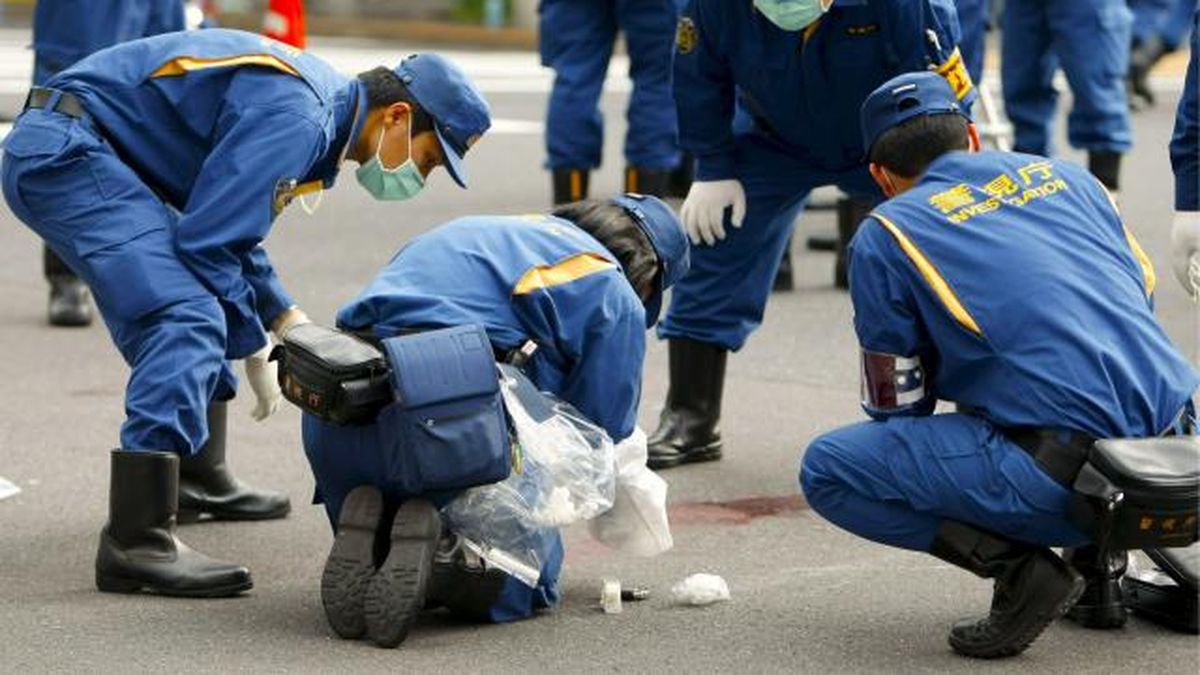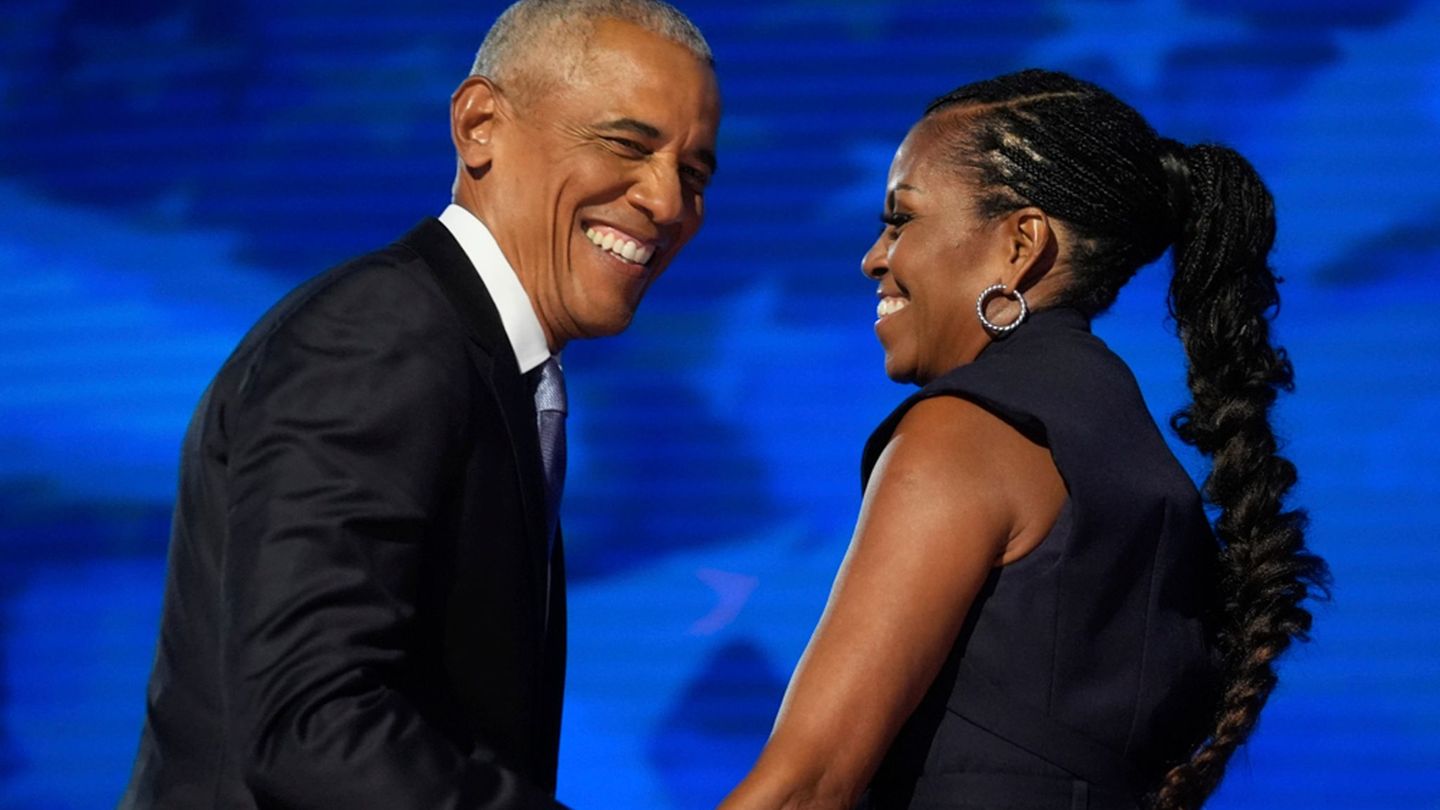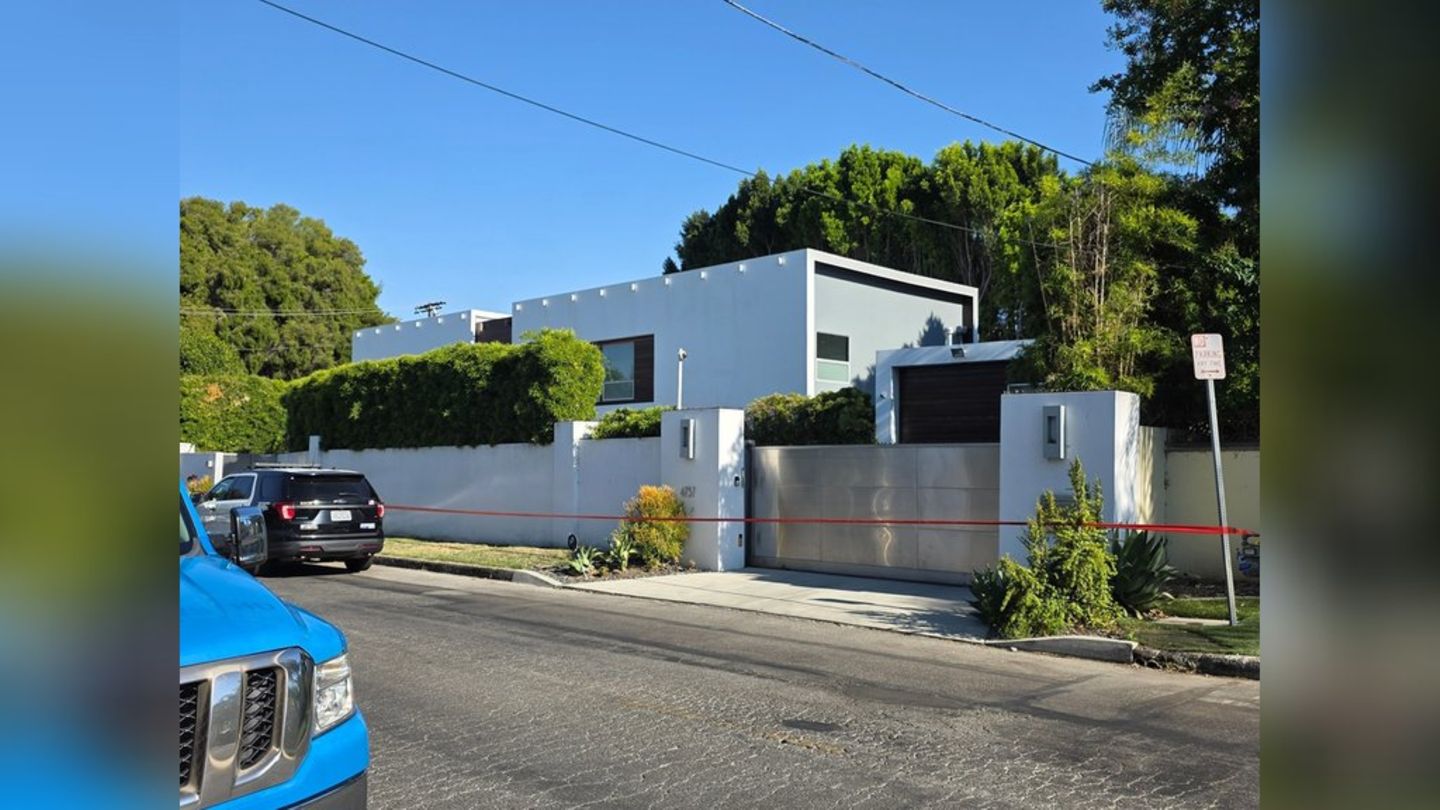“The death sentence in this case was reached through sufficient deliberation by the court,” the minister added to reporters. “Based on this fact, I approved the execution after extremely strict scrutiny.”he added.
Kato carried out the killing on June 8, 2008, telling police that he had gone “to Akihabara to kill people, it didn’t matter who he killed.” Meanwhile, he was 25 years old at the time of the attack.
Execution in Japan.jpg
He was arrested at the scene shortly after the attacks, in which he rammed a rented truck into a crowd, before getting out of the vehicle and stabbing random people.
“This is a very painful case that had very serious consequences and shocked society”Furukawa said.
The son of a banker, Kato, sentenced to death in 2011, grew up in the northern prefecture of Aomori where he graduated from a first-rate college. He failed his university entrance exams and later studied auto mechanics.
According to prosecutors, his self-esteem plummeted after a woman he chatted with online abruptly stopped emailing him when he sent her a picture of himself.
His anger against the general public grew when his comments on the web, including his plans to carry out the massacre, did not generate any reaction, they added.
image.png

While awaiting trial, Kato wrote to a 56-year-old taxi driver, injured in the massacre, to express his regret.
The victims “were enjoying their lives, they had dreams, promising futures, families, lovers, friends and colleagues,” Kato wrote, according to a copy published in the weekly Shukan Asahi.
He also said he was sorry during his court hearing. “Let me take this opportunity to apologize”said.
As a result of this crime, which occurred seven years after the massacre committed by a man armed with a butcher knife in an elementary school in Osaka (west), the Japanese authorities prohibited the possession of double-edged daggers with blades of more than 5 .5 centimeters.
Kato’s execution is the first application of the death penalty in Japan since last December, when three people convicted of murder were executed by hanging on the same day.
The Japanese government believes that it is “not appropriate” to abolish the death penalty, considering that “heinous crimes such as mass murder and murder during armed robbery continue to occur frequently,” the justice minister said.
Source: Ambito
David William is a talented author who has made a name for himself in the world of writing. He is a professional author who writes on a wide range of topics, from general interest to opinion news. David is currently working as a writer at 24 hours worlds where he brings his unique perspective and in-depth research to his articles, making them both informative and engaging.




